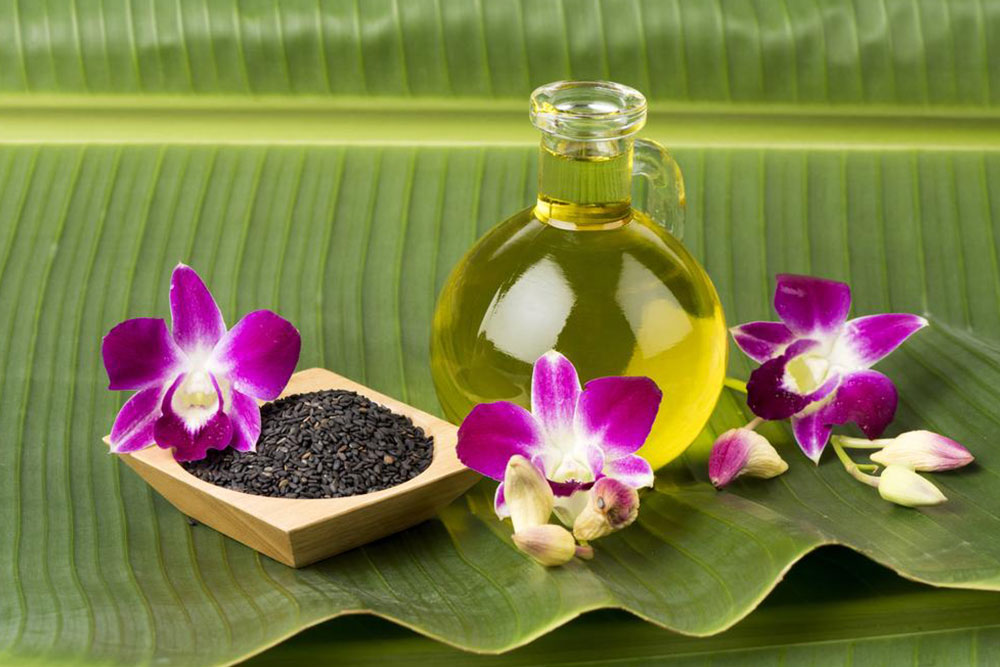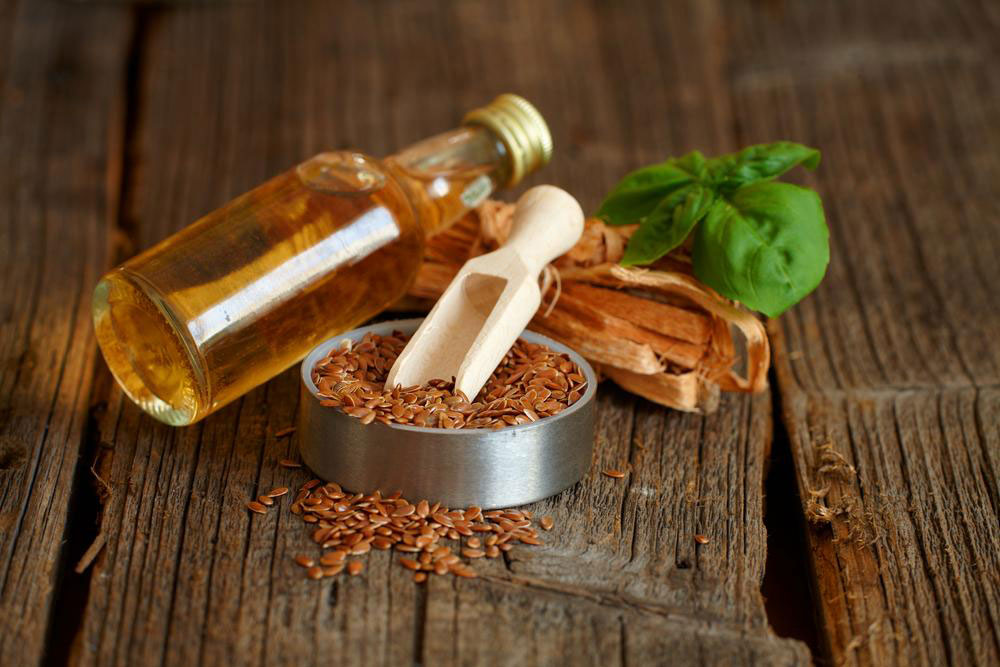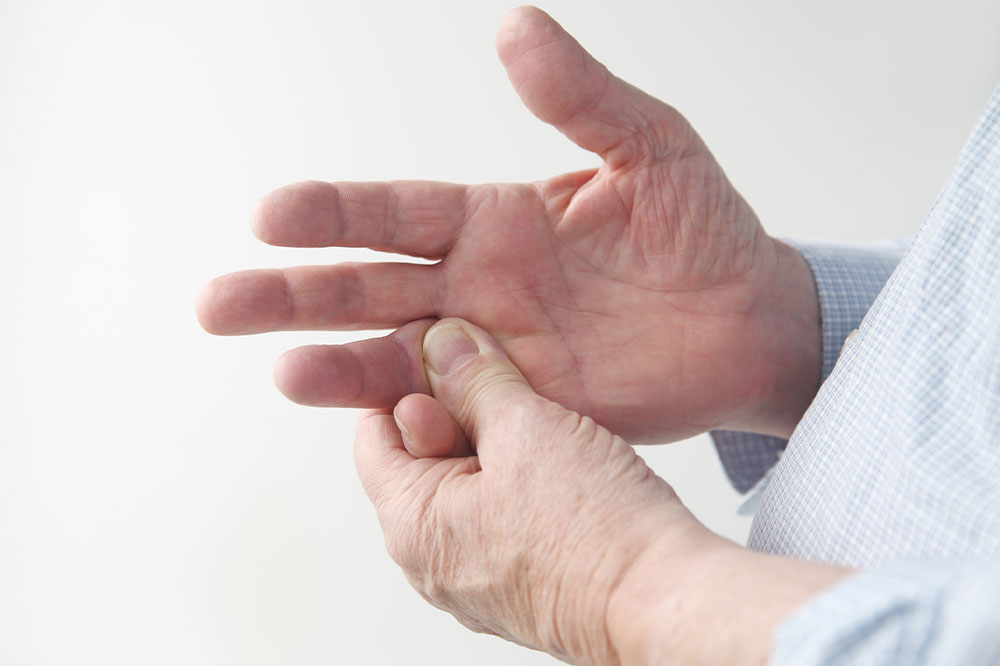Comprehensive Natural Approaches to Reduce Rheumatoid Arthritis Symptoms and Improve Joint Health
Discover comprehensive natural methods to manage rheumatoid arthritis symptoms effectively. This in-depth guide covers lifestyle modifications, dietary tips, and holistic therapies that support joint health, reduce inflammation, and improve overall well-being, empowering you to live comfortably with RA.

Comprehensive Natural Approaches to Reduce Rheumatoid Arthritis Symptoms and Improve Joint Health
Living with rheumatoid arthritis (RA) can be challenging due to persistent joint pain and inflammation. Fortunately, understanding and implementing natural strategies can significantly ease symptoms and enhance quality of life. This guide explores effective lifestyle modifications, dietary practices, and complementary therapies that support joint health and help manage RA naturally.
Rheumatoid arthritis is a complex autoimmune disease that primarily affects the joints, causing pain, swelling, stiffness, and restricted movement. It results when the immune system mistakenly attacks the synovial membrane lining the joints, leading to inflammation and tissue damage. While RA often targets symmetrical joints such as both hands, wrists, or knees, its effects can extend beyond joints, impacting organs like the lungs, heart, eyes, skin, and nervous system as the disease progresses. Approximately 1.5 million Americans suffer from RA, with women being more predominantly affected. Despite extensive research, the precise cause of RA remains elusive. However, various theories suggest that immune dysregulation, genetic predisposition, environmental factors, and lifestyle choices may contribute to its development.
Although the exact origin of rheumatoid arthritis continues to be studied, current understanding points to immune system malfunction as the primary driver. Common symptoms encompass joint stiffness, swelling, redness, warmth, persistent fatigue, low-grade fever, and reduced range of motion. The severity of symptoms varies from mild discomfort to severe debilitation, impacting daily activities and overall well-being. Diagnosing RA typically involves blood tests for rheumatoid factor and anti-CCP antibodies, imaging tests like X-rays or MRI, and comprehensive clinical assessments. Conventional treatments often include anti-inflammatory medications, disease-modifying antirheumatic drugs (DMARDs), corticosteroids, physical therapy, and sometimes surgical interventions to repair joint damage. Nonetheless, many seek complementary natural remedies to alleviate symptoms alongside medical treatment.
For individuals interested in natural approaches, adopting certain lifestyle practices and dietary modifications can be beneficial. Incorporating gentle, low-impact exercises such as walking, swimming, or cycling helps strengthen muscles, improve joint flexibility, and reduce stiffness without overstraining sensitive joints. Regular movement is crucial in maintaining joint function and preventing further deterioration, but it is essential to avoid exercises that cause pain. Applying warm compresses or soaking in warm baths can relax muscles and alleviate stiffness, providing immediate relief. Practices like Tai Chi, which involve slow, controlled movements combined with mindful breathing, have shown promising results in improving joint stability, reducing pain, and enhancing overall well-being.
Daily stretching routines, especially in the morning, can enhance joint mobility and reduce morning stiffness. Adequate rest, balanced nutrition, and weight management are also vital components of managing RA naturally. Emphasizing anti-inflammatory foods rich in omega-3 fatty acids, such as fatty fish, walnuts, chia seeds, and flaxseeds, can help decrease joint inflammation. Incorporating a variety of colorful fruits and vegetables provides antioxidants that combat oxidative stress, which is often elevated in RA. Herbs and supplements like turmeric, ginger, boswellia, and boswellic acids possess anti-inflammatory properties and can be integrated into daily diets after consulting healthcare providers. Additionally, maintaining proper posture and ergonomic practices can reduce undue strain on joints throughout daily activities.
Beyond lifestyle and dietary changes, exploring herbal remedies and natural supplements may offer additional relief. Ensuring adequate vitamin D and calcium intake supports bone health, while supplements such as glucosamine and chondroitin can promote cartilage repair and joint function. Mind-body therapies like acupuncture, massage therapy, and mindfulness meditation can reduce stress levels—an important consideration since stress can exacerbate autoimmune conditions. It’s essential for individuals to collaborate closely with healthcare professionals when integrating natural remedies to ensure safety and compatibility with ongoing medical treatments. Ultimately, a holistic approach that combines medical management with natural strategies can empower those living with RA to regain control over their symptoms and enjoy a better quality of life.





